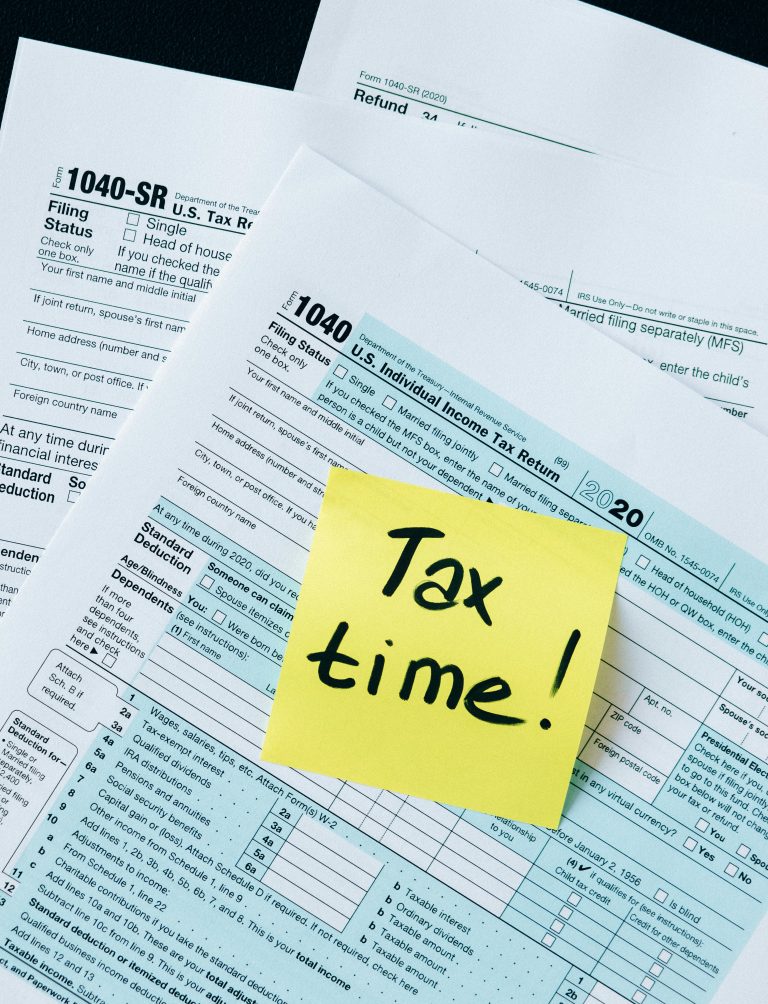Maximizing Your Savings: The Ultimate Guide to Tax Saving Declaration Strategies
In India, there are multiple ways to save on income tax. You can invest in long-term schemes to reduce overall taxable income. From 2020-2021, there are two tax regimes to choose from, which are the old one and the new tax regime. The tax rates are different from each other in these two options. Under the old regime, tax-saving investments reduce your taxable income. They are beneficial for both your present and future financial security. These investments not only save tax but also help you grow your wealth for the long term. Whether you are a business person or a salaried employee, understanding how to save tax is important. By making smart investment choices you can reduce your tax burden and secure your financial future. By strategically planning your Tax saving declaration, you can save more of your hard-earned money. In this blog, we will explore some simple yet effective Income Tax saving declaration strategies to help you save on taxes.

Understanding Investment Declaration
When you work, some of your pay goes to income tax and is returned to the government. To calculate this accurately, your employer needs details about your tax-saving investments and deductions. You provide the investment declaration form at the start of the tax season. If you forget this, don’t worry, many companies help employees remember this. Giving this info helps your employer calculate the right amount for Tax Deducted at Source (TDS). It’s not just about investments but you can also declare deductions like home loan interest, tuition fees, etc. Remember, you must submit this declaration before your company calculates TDS to avoid any penalties. The maximum declaration for tax savings under section 80C is Rs 1.5 lakhs. Additionally, you can also claim the deduction of Rs 50,000 comes under the section 80CCD(1B) for contributions made to NPS. So, the maximum declaration for tax savings limit is up to Rs 2 lakhs.
Do you want to know more about our hihellohr Software?
Tax Saving Declaration Schemes That Come Under Section 80C
To save income tax in India, you can utilize Section 80C of the Income Tax Act, 1961. This section offers various investment options that can help reduce your tax burdens. Many of these investments not only save tax now but also provide tax-free returns in the future. Some popular investments under section 80C include:

-
1. Equity Linked Savings Scheme (ELSS)
ELSS is a type of mutual fund mainly invested in stocks. Around 90-95 % of its assets are in stocks. It comes with a lock-in period of three years which is one of the shortest for tax-saving investments.
-
2. Senior Citizen Savings Scheme (SCSS)
The Senior Citizen Savings Scheme is a government-backed savings option for old citizens. It allows senior citizens investments up to Rs 15 lakhs in an individual account. Compared to other similar deposits, SCSS provides higher returns with a maturity period of five years. There is no lock-in period, so you can withdraw your money when needed but there is a penalty.
-
3. National Pension System (NPS)
The NPS is a retirement investment plan for all Indian citizens. You can choose your investment based on your risk tolerance. You can withdraw your money once you reach the age of 60. Additionally, you can claim an extra tax deduction of Rs 50,000 through NPS.
-
4. Home Loan Repayment
When you take a home loan to buy or build a house, you can get tax benefits. You can claim a deduction up to Rs 1.5 lakhs if you are below 60 years old and up to Rs 2 lakhs if you are 60 or above.
-
5. Public Provident Fund (PPF)
PPF is a safe long-term Tax-saving option. The government sets the interest rate annually. Only resident individuals can invest in PPF and it has a 15-year maturity period with partial withdrawals allowed from the sixth year.
Other Tax Saving Declaration Strategies
1. Invest in Health Insurance
Invest in Health insurance policy for yourself and your family. Under Section 80D of the Income Tax Act premiums paid towards health insurance policies are eligible for deductions.
2. Plan Investments Wisely
Plan your investments strategically to invest them across various platforms to maximize tax benefits. Consider factors like risk tolerance, and investment needs while making investment decisions.
3. Keep Records of Expenses
Maintain proper records of all eligible expenses such as medical bills, travel expenses, and charitable donations.
4. Consult a Tax Advisor
If you find tax planning too complex or confusing, look for a qualified tax advisor for guidance. A tax professional can help you choose the best income tax saving declaration strategies customized to your financial needs and goals.
Conclusion
By implementing these Tax saving declaration strategies, you can optimize your tax liability and keep more of your income for yourself. Remember, effective tax planning is not about avoiding taxes but about minimizing them within the bounds of the law. So, start planning today for a more tax-efficient financial future.
Related Articles:




